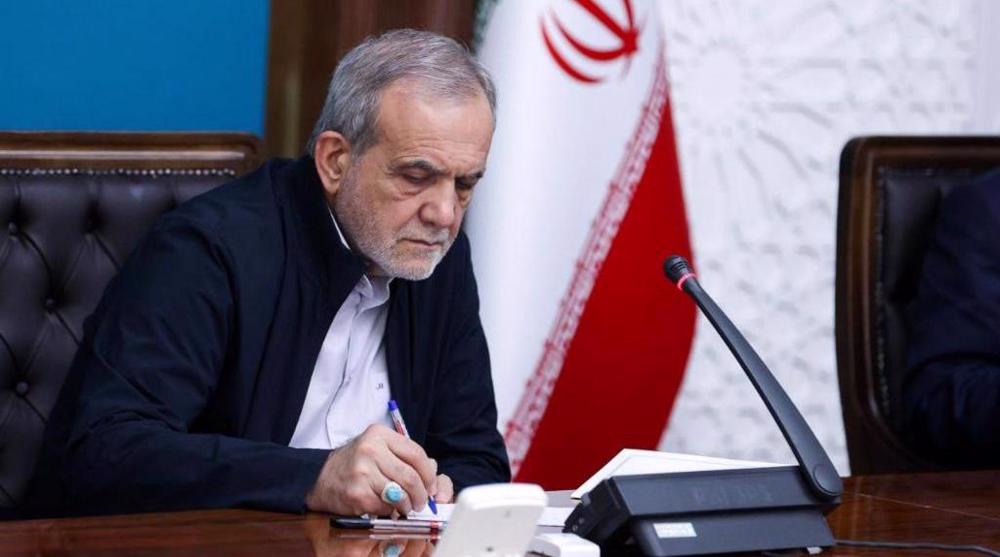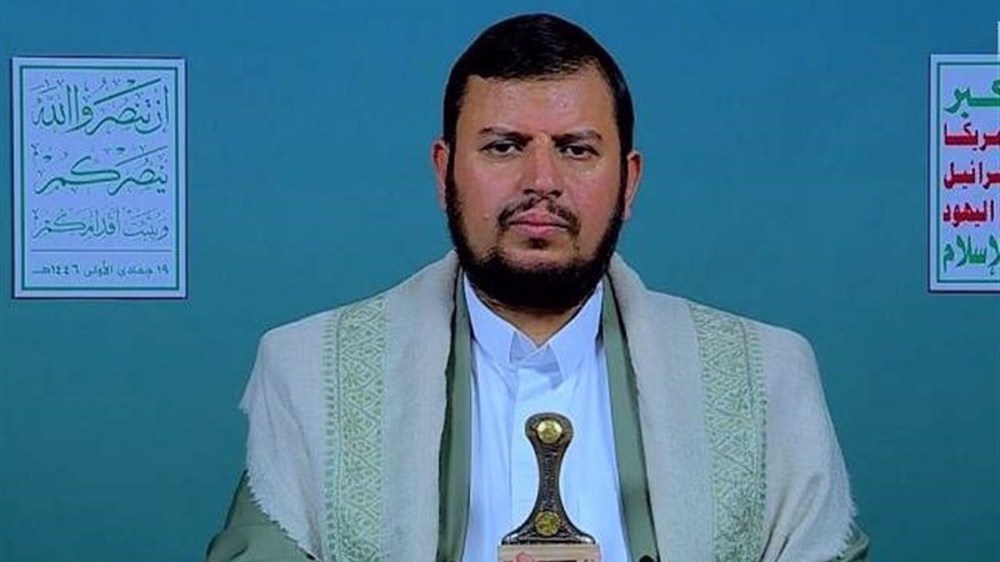Iran decries Europe’s inaction, pledges response to ‘unlawful’ US behaviors
Iran says it soon will give an appropriate response to the unlawful behaviors of the United States after making a comprehensive assessment of the present situation.
The remarks were made by Iranian Deputy Foreign Minister for Political Affairs Seyyed Abbas Araqchi in a meeting with a group of Austrian lawmakers in Tehran on Sunday.
“By making a comprehensive assessment of the present conditions and without emotional reactions, we will soon adopt an appropriate response to the illegal US actions,” he said.
“The United States has violated the UN Security Council resolution 2231 by withdrawing from it, but unfortunately the Security Council or European countries have failed to give an appropriate response to this illegal action,” Araqchi regretted.
He lashed out at Europe's slow pace in implementing its special mechanism to save the nuclear accord, warning that “the patience and tolerance of the Islamic Republic is not unlimited.”
Iran has so far given enough time and chance to other parties to compensate for the consequences of the US withdrawal from the deal, and now it is time to act, he said.
“We welcome the political positions of the European Union, but political support per se does not at all help to preserve the JCPOA. The JCPOA is not an economic agreement and it is of security nature. If it matters to Europe, then it should also pay the costs to maintain it,” Araqchi went on to say.
For his part, Wolfgang Gerstl, the head of Austria-Iran parliamentary friendship group, praised Iran's wise policies regarding the nuclear deal, and once again reiterated Europe’s commitment to the 2015 accord.
He stressed that Austria and the European Union reject the US decision to withdraw from the JCPOA, and are worried about the decline in the value and importance of this agreement.
“This is a fact that Europe needs the JCPOA more than the US does; therefore, Austria, along with the European Union, remains committed to supporting the deal,” Gerstl added.
Earlier this month, Iranian Foreign Minister Mohammad Javad Zarif had once again complained about the delay by European partners to make operational the non-dollar direct payment channel with Tehran, saying they now have "no excuse" for further postponement of the project.
In late January, the Europeans introduced the Instrument in Support of Trade Exchange (INSTEX) as "a preliminary measure" - as part of their multiple commitments under the Joint Comprehensive Plan of Action (JCPOA) - following Washington’s withdrawal from the nuclear accord, he said.
In order to begin honoring their commitments, the Europeans were required to set up INSTEX, Zarif noted.
He also stressed that the European partners are "lagging behind" in fulfilling their commitments and "should not believe that the Islamic Republic will [continue to wait] for them."
"I wonder how much time do the Europeans need [to set up] a preliminary mechanism?" Zarif exclaimed.
In its initial stage, INSTEX is expected to facilitate trade of humanitarian goods such as medicine, food and medical devices, but it will later be expanded to cover other areas of trade, including Iran’s oil sales.
American sanctions were re-imposed against Iran last year following Washington’s unilateral withdrawal from the JCPOA.
VIDEO | Israel silencing truth
IRGC: Enemy command room of 10 intel agencies targeted Iran
US threat to Iran's Leader will ignite entire region: Hezbollah
VIDEO | Campaign to stop sale of Israel bonds grows in US
VIDEO | Iran judiciary, military detail foreign role in unrest; honor martyrs
Experts slam ‘scientifically reckless’ US withdrawal from WHO
Recent US military actions signal return to ‘predatory colonialism’: UN rapporteur
‘Confused clowns’: Iran FM blasts Zelensky over call for aggression on Iran











 This makes it easy to access the Press TV website
This makes it easy to access the Press TV website